Imaginings
stories, creative nonfiction, poetry, and other imaginative accounts of the natural world
-
Exploring Health–Nutrition–Ecology Relationships and Resilience through Food-Farming Practices in Thailand
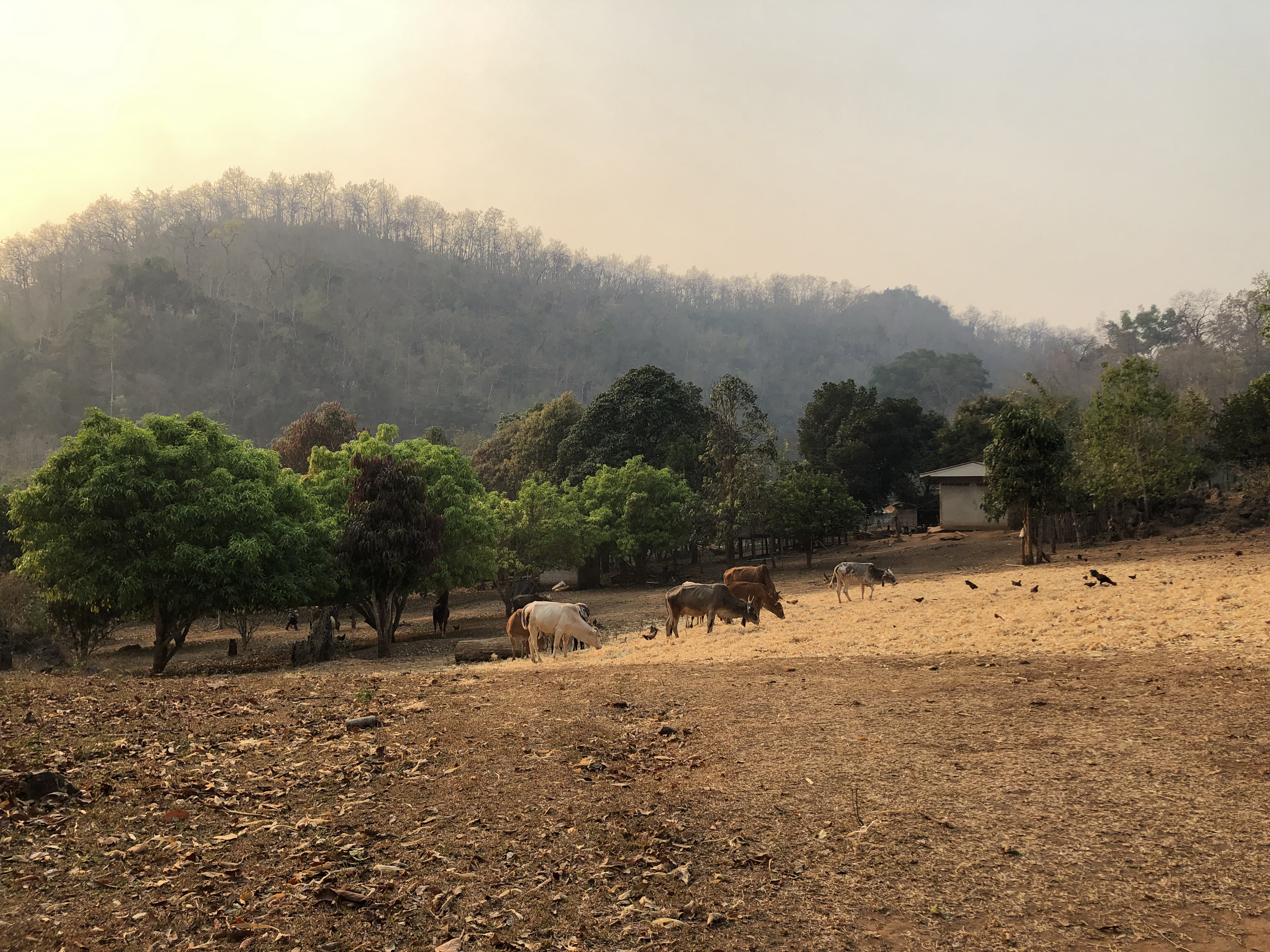
By Judith Bopp: The word Lebensmittel, one of several words for food in German, translates as “means to life” in English. This concept illustrates that supplying the body with nutritional and suitable foods is the key to maintaining vitality and overall well-being. Food–health linkages have already been recognized within scientific communities (cf. Schnitter and Berry…
-
Mosquitopia Part 1: Killing Mosquitoes? The Pros and Cons
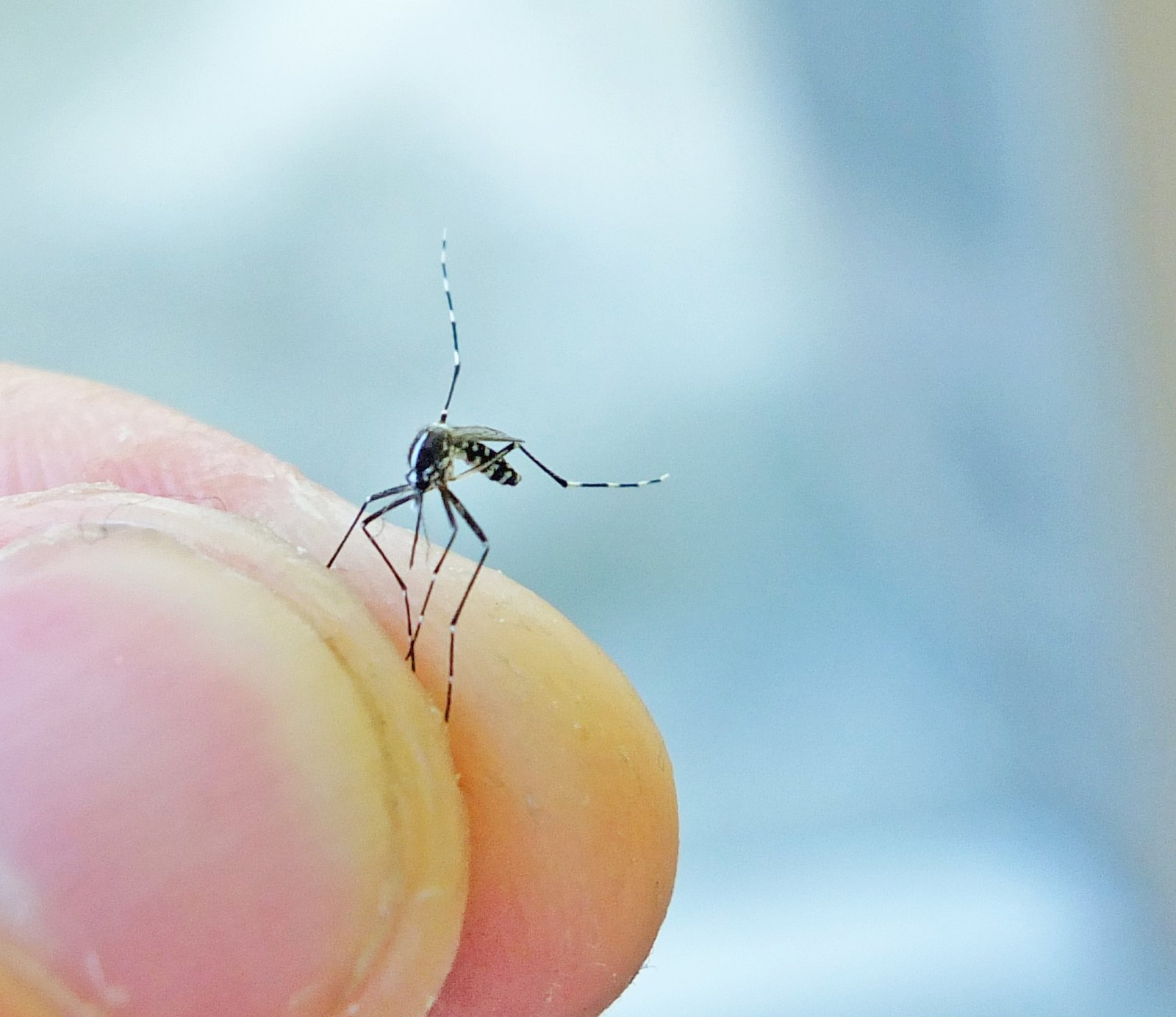
By Marcus Hall and Dan Tamir Global warming is ushering us into a new mosquito epoch. Ready or not, mosquitoes are coming faster than before; both indigenous and non, disease-carrying and not, human-biting and not. What are we to do with these buzzing creatures, and what has already been done with them?
-
Insect Profile: Asian Tiger Mosquito
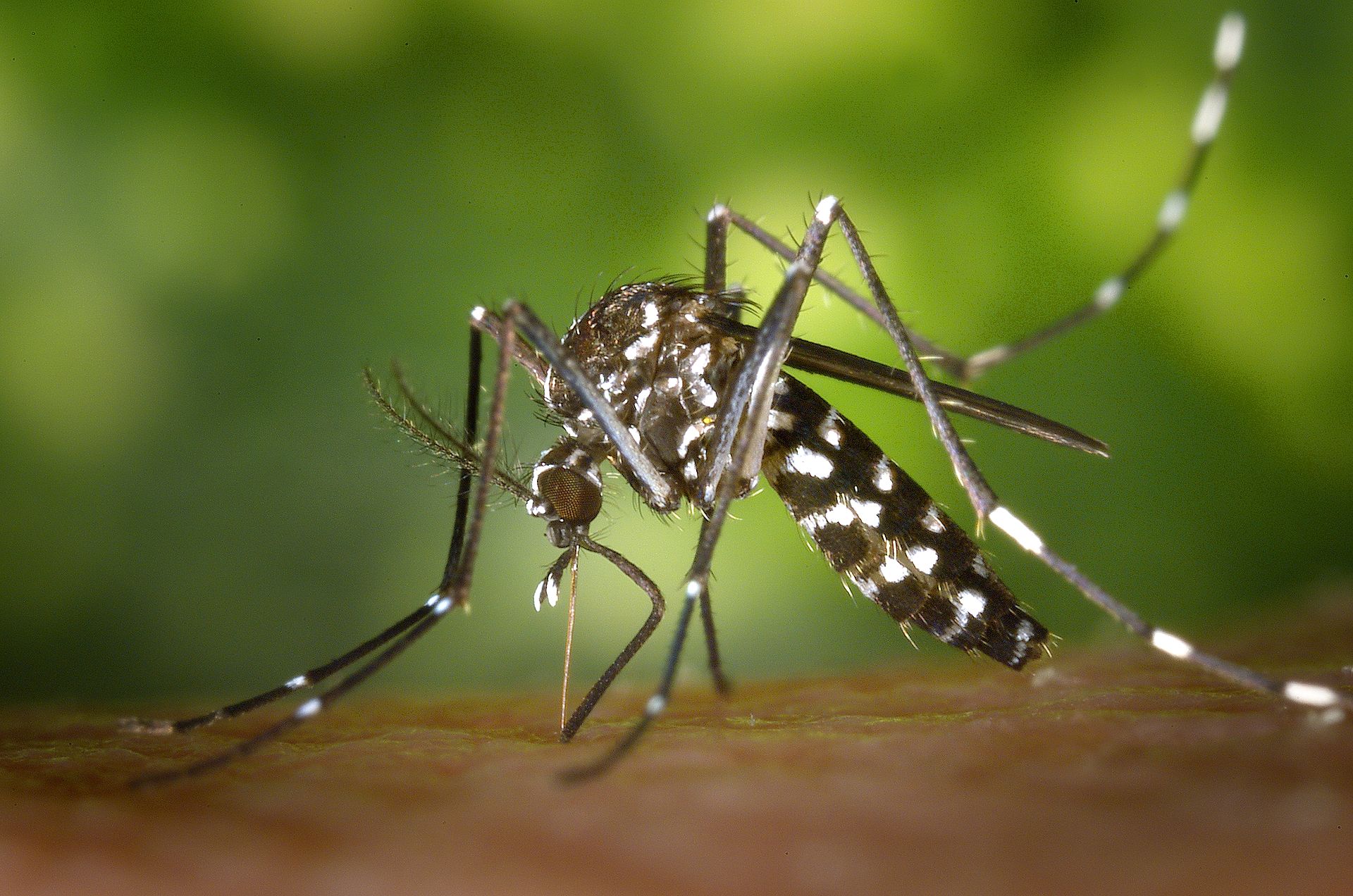
Aedes albopictus There are several ways to identify Asian Tiger mosquitos: black and white flecked bodies with a stripe down the back, the unusual habit of feeding during daylight hours, and until relatively recently, a tropical and subtropical distribution within Southeast Asia. Over past decades, however, the species has begun moving further afield, being stowed
-
Migrations, Crossings, Unintended Destinations: Ecological Transfers across the Indian Ocean, 1850–1920
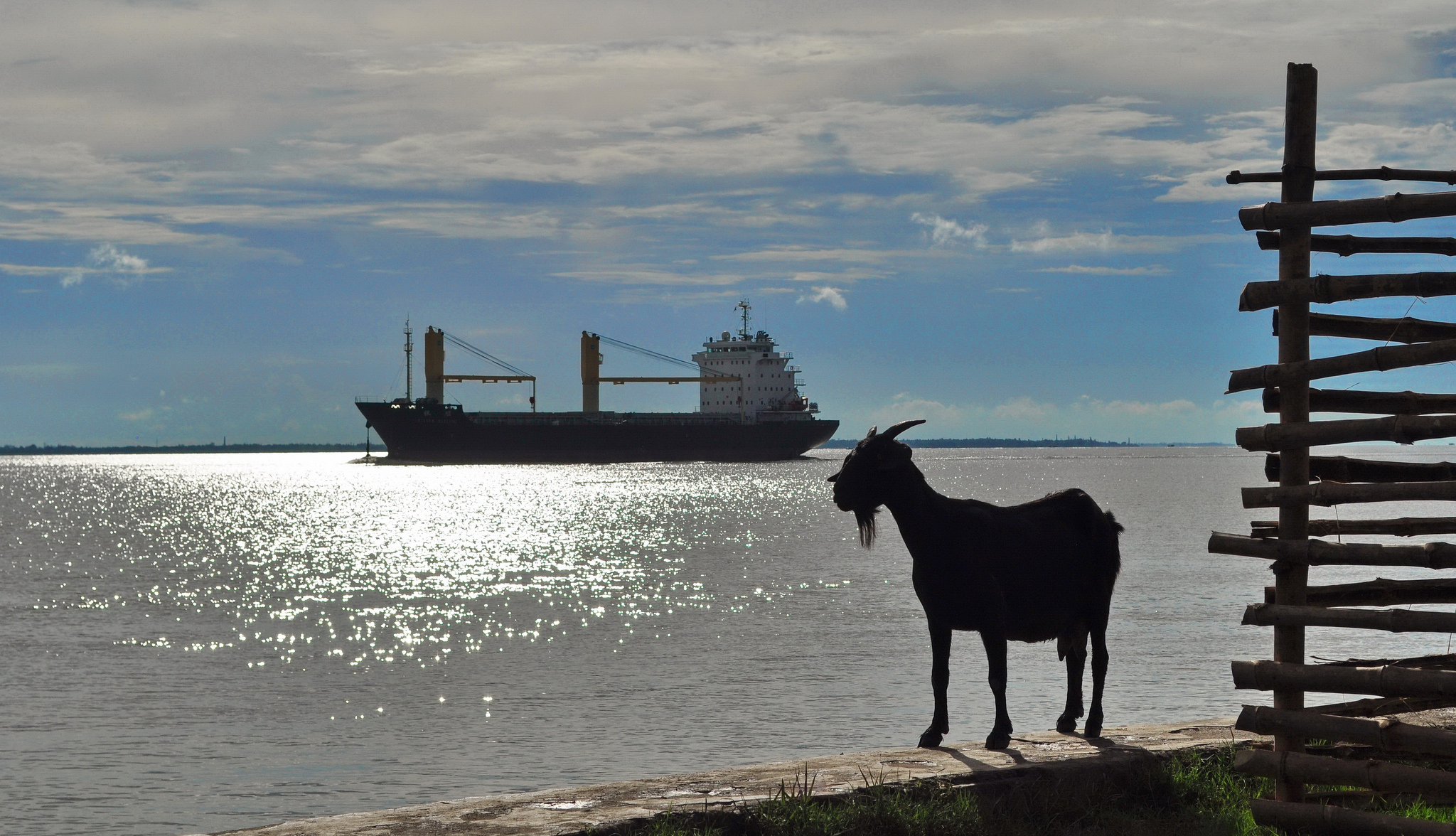
Conference Report (11–12 October 2018, Rachel Carson Center for Environment and Society, Munich, Germany) By Ulrike Kirchberger (*Featured Image: “If someday…” by Abhijit Kar Gupta, CC-BY 2.0 via flickr. ) In the age of empire, thousands of species of plants and animals were transferred between Australia, Asia, and Africa. European settlers transported cattle, horses, and
-
A Fluid History of Wisconsin Breweries
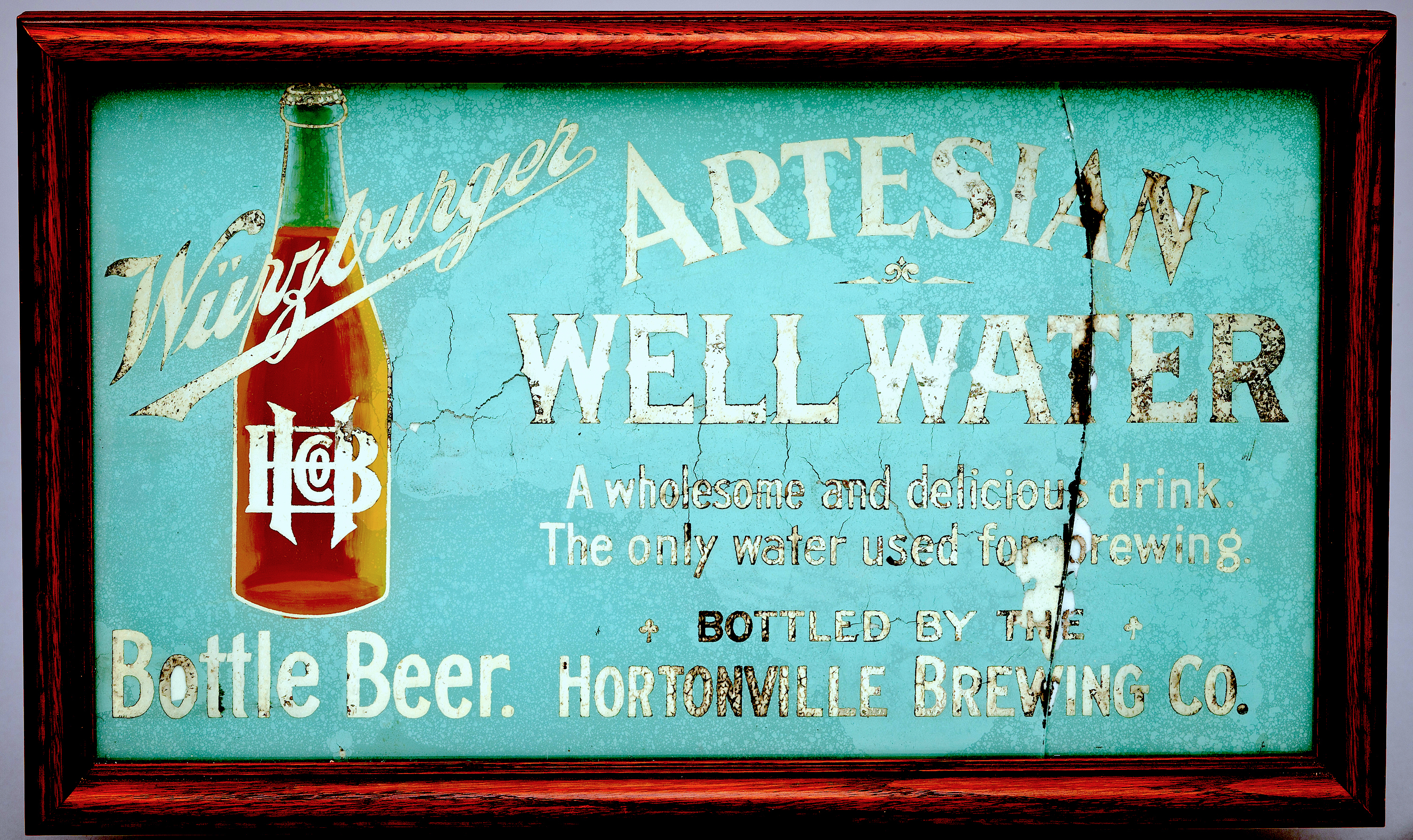
By Doug Hoverson During my research for Land of Amber Waters: The History of Brewing in Minnesota, a retired employee of the Theo. Hamm Brewing Co. in St. Paul told me: “Beer is 97 percent water, and the other three percent is none of your damn business.”
-
CfP: Irregular Ecologies: The Environmental Impact of Unconventional Warfare
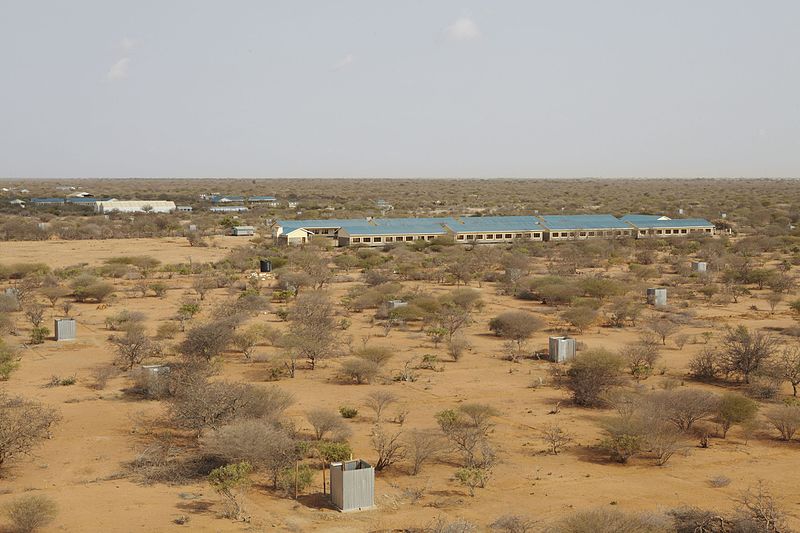
Workshop, 20.07.2019 – 21.07.2019 Location: Florianopolis, Brazil Conveners: Christof Mauch (Rachel Carson Center, LMU Munich) and Javier Puente (Pontificia Universidad Católica de Chile) Warfare seldom affects humans alone. While inflicting devastating effects on societies, armed conflicts also shape economic, cultural, sociopolitical, and ecological transformations. As violence territorializes, armed conflicts begin to affect the ecologies and livelihoods
-
Household Consumption and Environmental Change in the Twentieth Century
30–31 May 2017, Bologna, Italy In May 2017, the University of Bologna’s Department of History and Culture hosted a workshop entitled “Household Consumption and Environmental Change in the Twentieth Century.” The workshop was co-convened by RCC alumnus Giacomo Parrinello (Sciences Po, Paris) and professor of contemporary history Paolo Capuzzo (University of Bologna). The event was co-sponsored
-
Snapshot: Invasive Tiger Mosquito at the Deutsches Museum
Yes, we’ve all heard about invasive species being one of the challenges of the future, but does it really concern us individually? It does—when it means that we are legally required to cut down old and beloved trees in our garden because they may be infested with the Asian long-horned beetle, or if our
-
Five Minutes with a Fellow: Amy Hay
Five Minutes with a Fellow offers a brief glimpse into what inspires researchers in the environmental humanities. The interviews feature current and former fellows from the Rachel Carson Center. Amy Hay is an assistant professor of history at the University of Texas-Pan American. Her research examines the intersections of health, the environment, and public policy;